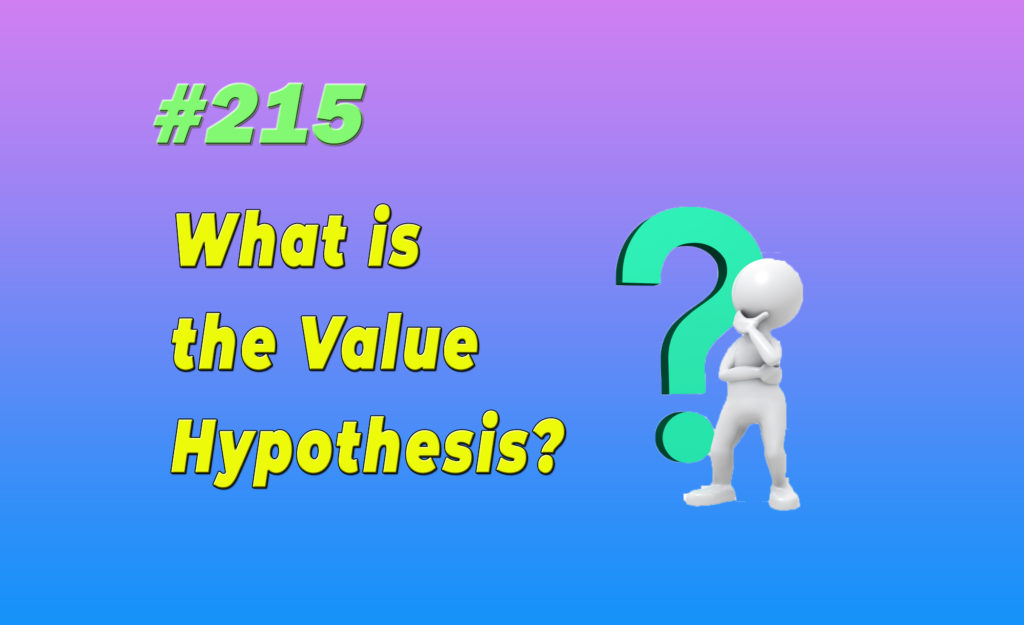
Blog
Notes:
Are you new in presales or just a few years ahead? Do you want to know how presales changed in the last 8 to 10 years? Then this episode is for you. My guest, Woodrow Evans also talks about the proper ways to do during the discovery process and explains the deeper definition of ROI, value hypothesis, value journey, and value maps. He also clarifies the difference between transactional sales and enterprise sales engineering.
Woodrow Evans is a Global Presales Leader, Data Strategist, DevOps Change Agent, and an AI Enthusiast. He has run pre-sales organizations for almost 12 years now. As a Sales Engineering Leader and former Consulting leader, he has extensive experience in identity, content, and master data management, and in finance, marketing, media, and more. He thinks presales fit his personality really well, and he likes great challenges.
Key Takeaways:
- Why presales has gotten a lot more sophisticated in the last 8 to 10 years according to Woodrow
- Transactional sales vs enterprise sales
- How to start a conversation about value hypothesis without telling the potential ROI
- Guy Kawasaki’s principle when applied to ROI
- Using a 3-layer cake to represent the value journey
- How doing repeated value discovery is a sales tactic
- How value maps figure out the value journey
- Oother parts of value perception aside from money.
- The 4 key metrics of DevOps.
- Benefits when you’re at the lower end of the curve and strategies to go higher
- Woody explains his ‘risk analysis mode’
Quotes:
“Presales have definitely grown up in the last 8 to 10 years, and it’s gotten a lot more sophisticated. There’s a lot more specialization, different areas of pre-sales, that people sort of sewn together. So it’s starting to become a real discipline of its own. It’s starting to emerge as a real profession in the industry. It used to sort of be the best kept secret, and now it’s really becoming a profession.” -Woodrow Evans
“I spend a lot of time when I interview looking for these skills on what we call ‘the roleplay interview’, to make sure that a potential presales person has them. As you know, you have to be able to be comfortable in the hot seat with the customer.” -Woodrow Evans
“So there’s this other thing, there’s a lot of ways that these things can get off the rails and get sabotaged. It’s important for you to have that self-awareness to know that you can really get off the rails fast. And there’s something that I call ‘the trap of perfection.’“ -Woodrow Evans
“The art and science when you’re working with your sales rep is figuring out where we can get the best when fastest.” -Woodrow Evans
“ At the end of the day, it’s making sure that you’re not imposing your vision on the customer, but rather, you’re reflecting the customer’s vision of where they want to go.” -Woodrow Evans
“Think of a piece of paper where it’s black on the bottom and white on the top. We live every day in the black space, we know all about this space. But all the work and money and value isn’t the whitespace. So if you can’t figure out how to ask questions in that whitespace, you’re not going to get too far with your value. You need to understand what you don’t know, not what you already know.” -Woodrow Evans
“It’s sort of what the company calls ‘a value journey’, in which we take their own data along with a sort of solid industry data, and we tell a story about their current and future state and why that future state is better. And it could be a story about cost or benefit or risk, it could be a story about expansion, it could be a story about new product lines.” -Woodrow Evans
“In my observation and in my experience, reps who bring their SCS to almost every meeting make more money and make it faster because they figure out the cadence of discovery.” -Woodrow Evans
“I think the big thing that gets in my craw is when people try to make the specific into the generic.” -Woodrow Evans




This Post Has One Comment
Pingback: 4/1/1 Have a Value Hypothesis for Your Customers Needs and Employers | We The Sales Engineers